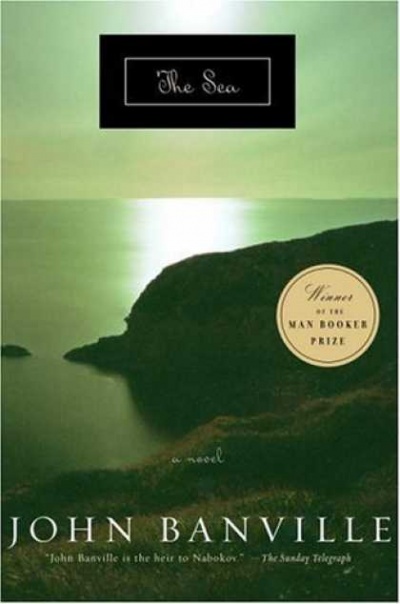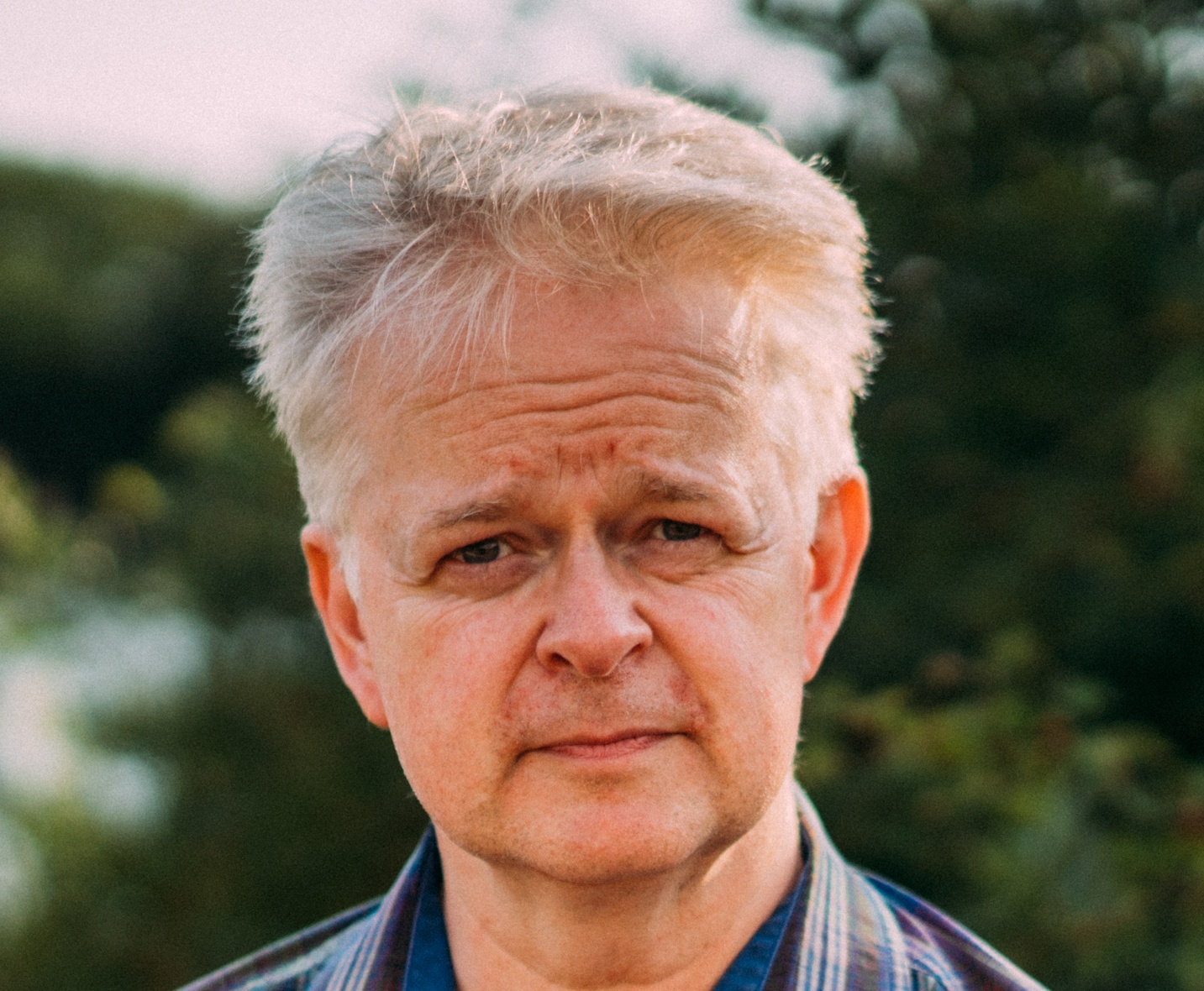 The Sea
The Sea
by John Banville
New York: Alfred A. Knopf, 2005
*
Leaves of Grass Walt Whitman
No, I’m not leaving my senses. This is a look back on John Banville’s novel, but the rectangular bit of paper I’ve used as a bookmark while I read it has this written across it. It’s in my father’s blocky handwriting, a combination of lower and upper case letters, written in pencil. If I remember correctly, he was writing down a book he recommended I read.
When it comes to Banville’s novel though, one that made one critic describe him as “the heir to Nabokov” we are led down a haunting path of recollection, one marred by tragedy, but also one filled with ebullient youth. Max, the narrator, is confused and bewildered after the death of his wife who passed away after a long illness, somewhat estranged from their only progeny, his daughter, who returns to a seaside house to stay, possibly to find answers, but also keen to live in the past, retracing a time when he was awakening sexually and creatively as he emerged from childhood. It strikes me as a time when one is between accompanying parents and wanting to strike out on one’s own. The conclusion brings its own awakening, for a man who seemed lost at the beginning; and who cannot relate to that time in adolescence when one remembers wanting to take further steps into the wider world?
I remember my dad, after having read this book, parting with it quite suddenly. Usually it was placed back on the bookshelf, to show he had read it, that that box had been ticked. But this title was different. I wondered if reading something within had motivated him to get it out of the house. Not all books leave a good taste in your mouth, no matter how well-crafted the narrative might be.
Because initially I was thinking of the cover. Hmmm…a novel about The Sea, taking place in Ireland: that sounds right up Dad’s alley. It could be I was judging a book by its cover. At any rate, this was a book my dad wanted to part with, and I snapped it up. It was a successful title, Banville winning the Man Booker Prize for his work, and I can see why. The shift back and forth from different periods in his life could have been difficult to keep up with, but his understanding of the structure of Max’s life allows for an arc in his younger self, and older, ‘present-day’ self, the imagery described cinematic, the reflections told in a stream of consciousness that allowed for relation and is comfortable to follow. I finished reading this novel while traveling solo in Banff, about as far removed from the sea as one can get, tucked in the Rockies (nearly forgetting that those behemoths were once the bottom of a sea millions of years ago), at a hotel, which allowed for a similar kind of reflective state of mind, certainly without the tragic circumstances. But it’s a book that explores how much one needs to live in the past, and it is very thought-provoking.
